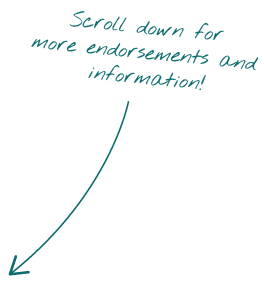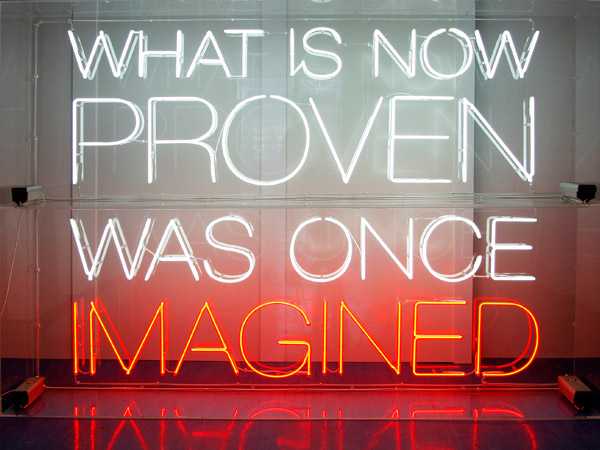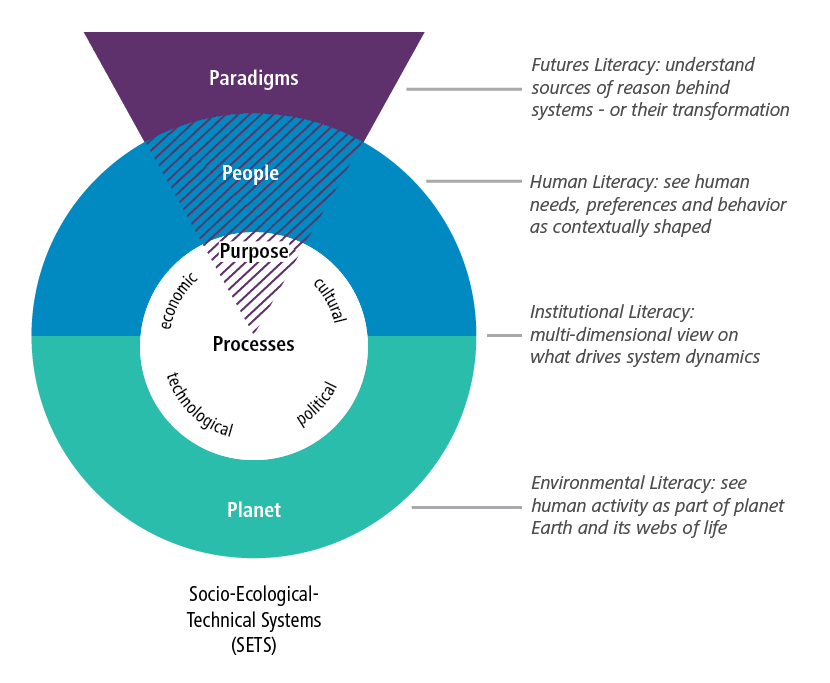
Endorsements
-
Mankind‘s search for a new narrative outside the ‘planet stupid’ discourse of GDP growth is in full swing. Maja Göpel’s book is a field guide to our unfolding future. A must-read for leaders who seek to make sense of what‘s going on and ensure their organisations stay relevant.
Mark Drewell, former CEO, Globally Responsible Leadership Initiative, Senior Partner The Foresight Group -
The demand for more innovation is everywhere. And most people think of new technologies. But we have all the technologies for sustainable futures. What we urgently need are mental, socio-cultural, and governance innovations that overturn the barriers to their rapid deployment. This book shows why updating mainstream economic thinking is a high leverage point in making these innovations happen, and how everyone can contribute to them.
Hunter Lovins, President Natural Capitalism Solutions -
Maja Göpel has brilliantly synthesised a vast library on societal transformation and come up with a new, robust reframing and a great contribution to what she calls “transformative literacy”. Her call for a “radical incremental transformation” in every element of our economy neatly captures both the urgency and the realism with which we must tackle the seemingly impossible, yet essential and inevitable challenges of our times. The Great Mindshift helps make a great societal shift possible.
Alan Atkisson, Pres & CEO, AtKisson Group (Sweden & USA) Pres, Center for Sustainability Transformation GmbH (Germany) -
With reference to Karl Polanyi’s political economy analysis of the “Great Transformation“ of the eighteenth and nineteenth centuries, Maja Göpel argues for a “Great Mindshift“ that can help us to steer the next „Great Transformation“ in more sustainable directions. This book is not only a key contribution to the current transformation debate, it is also a milestone for the Wuppertal Institute. Maja Göpel has developed a key element of a more profound theory of transformation, which is essential for the sustainability debate of our times.
Prof. Dr. Uwe Schneidewind, President, Wuppertal Institute -
As the World Social Forum slogan has it: “other worlds are possible.“ But to successfully achieve the necessary transformations to make them we will, as this book so clearly indicates, need a “great mindshift“ to facilitate building new institutions and modes of life for the billions of humans who are now crowding our rapidly changing planetary habitat.
Prof. Dr. Simon Dalby, Centre for International Governance Innovation, Waterloo, Canada -
Leading complex system change towards a sustainable world requires that we acquire new skills as the collective capacity of leaders. In sustainability issues, system patterns and structures often hold individuals back to enact the necessary mind shift. Yet, seeing systemic barriers leads to opening up one’s convictions and beliefs.This is what Maja Göpel brilliantly shows in her book: the concept of transformative literacy builds an important bridge between structural approaches to change and those emphasising personal development.
Petra Kuenkel, Co-Founder, Executive Director Collective Leadership Institute, Author of The Art of Leading Complexity -
Reimagining the economy and its purpose in our lives, is one of the key challenges of this century. Maja Göpel draws on an array of emerging ideas to show that it is not just a challenge but an opportunity, and one that has already taken root in inspiring initiatives around the world.
Kate Raworth, Initiator of Doughnut Economics, Senior visiting Research Associate, Environmental Change Institute, University of Oxford -
I love the book! Conventional economics is based on assumptions about human nature and mindsets that are only held by economists trained to think that way. The rest of humanity is much more cooperative and concerned with social fairness, wellbeing, and sustainability. Maja Göpel‘s book is an excellent guide to where economics has gone wrong and how to replace its shortsighted mindset with one that is more able to help us create a sustainable and desirable anthropocene.
Prof. Robert Costanza, Chair in Public Policy, Crawford School of Public Policy, The Australian National University -
For those seeking to understand and engage with our turbulent global moment, The Great Mindshift serves as a primer for the perplexed and a manifesto for the disheartened. It skillfully explains how tenacious 20th century ideas – especially outmoded economic principles and a constricted view of the meaning of well-lived life – are hobbling the evolution of the mindsets we need for navigating the dangerous 21st century. Gramsci’s observation that “the old is dying and the new cannot be born” has never been truer, and in Göpel we have a wise midwife to assist us in giving birth to a healthy planetary civilisation.
Paul Raskin, President, Tellus Institute and Lead Author of The Great Transition -
We want sustainable development. That requires profound changes in the way we explain and manage our societies. Maja Göpel shows how to do that. She offers the analytical framework for transformative change. Brilliant!
Ernst Ulrich von Weizsäcker, Co-President Club of Rome, founding President of the Wuppertal Institute -
Maja Göpel reminds us that vision must be combined with venture (Vaclav Havel) and that the key challenges we now face are human constructs, not natural laws. She shows that our guiding ideas of progress, freedom, prosperity, and growth can be re-interpreted to open the doors to a Second Enlightenment.
Jakob von Uexküll, Founder, Right Livelihood Award and World Future Council

How a New Economic Paradigm and Sustainability Transformations go Hand in Hand
This book
- provides an easily accessible introduction to sustainability transformation research
- discusses key aspects of an emerging new economic paradigm for sustainability
- elucidates four case studies of pioneering movements for sustainability system innovations
- translates large-system change analysis into individual change strategies
Explore 7 Key Concepts in more detail:
- Reflexivity
- Great Mindshift
- Repurpose
- Iron Cage Economics
- Radical Incrementalism
- Transformative Literacy
- Recoupling
